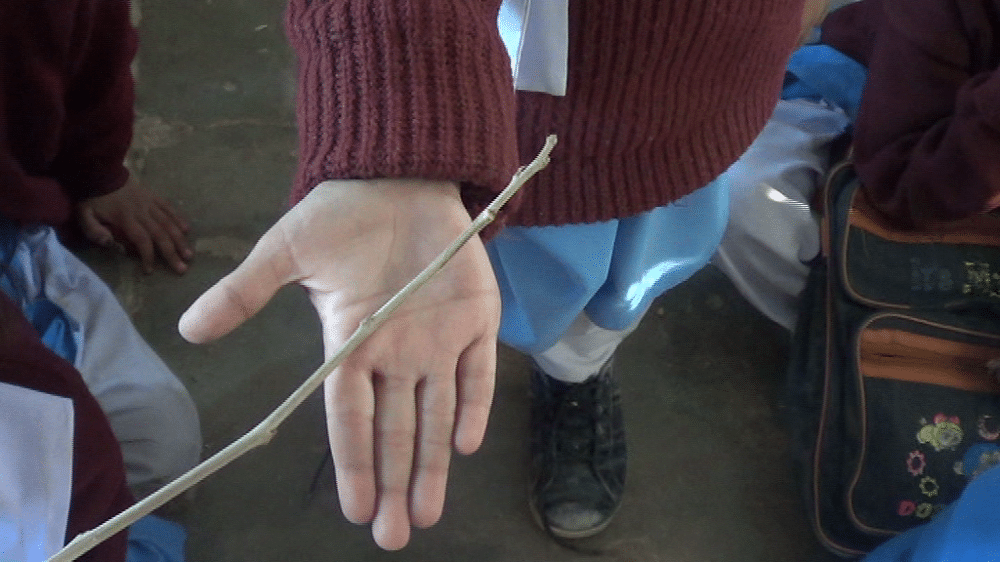Federal Education and Professional Training emphasised the importance of these regulations in defending children’s rights and fostering a culture of non-violence during the launch.

The “Islamabad Capital Territory Prohibition of Corporal Punishment Rules, 2022” were successfully introduced by the Ministries of Federal Education and Professional Training and Law & Justice.
With the assistance of the Parliamentary Caucus on Child Rights and UNICEF Pakistan, this event was held at the Islamabad Model College for Girls (IMCG), F-10/2. Minister of Federal Education and Professional Training emphasised the importance of these regulations in defending children’s rights and fostering a culture of non-violence during the launch.
In order to effectively implement these regulations and establish an atmosphere where every child feels safe and cared for, he urged everyone to cooperate. Minister also stated his intention to contact the provincial departments of education to urge them to take similar actions.
The Federal Minister for Law and Justice, commended the stakeholders for putting the rules against corporal punishment into effect. He emphasised that morals and values cannot be upheld through threats of punishment or coercion while also recognising that this was a positive development.
Tarar vowed to support all upcoming laws and initiatives pertaining to children’s rights. The introduction of the “Islamabad Capital Territory Prohibition of Corporal Punishment Rules, 2022” marks an important turning point in the ongoing campaign to safeguard kids in the capital territory from corporal punishment.
A comprehensive set of regulations known as the “Prohibition of Corporal Punishment Act, 2021” demonstrates the government’s and stakeholders’ commitment to ending corporal punishment and establishing a secure environment for kids.
Mehnaz Akber Aziz, convener of the parliamentary caucus on child rights and parliamentary secretary for law and justice, emphasised the profound impact of these regulations on children’s lives and noted that their introduction marks a significant step towards securing their protection and supplying them with environments that are safe for their growth and development.
Mehnaz Akber Aziz expressed hope that the regulations would encourage the 2.4 million children who are currently not in school to do so. She thanked Prime Minister, the Federal Ministers of Education and Law, and the then-President of the National Assembly for their assistance in advancing this crucial legislation.
UNICEF’s representative in Pakistan, Abdullah A. Fadil, urged everyone to work together to support the Act so that all children in Pakistan can learn and grow in a secure environment that upholds their rights and dignity.
The president of Zindagi Trust, Shehzad Roy, reaffirmed his commitment to promoting national awareness of this issue and emphasised the need to alter parents’ and educators’ perspectives on it.
The heads of various education departments, public and private schools, madrasas, orphanages, and SOS villages took a pledge to fully implement these guidelines in their establishments during a pledge-taking ceremony.
The launch event was wrapped up with a moving skit performed by kids that emphasised how important it is to stop using corporal punishment and create nurturing environments for the next generation.
Key participants in the launch ceremony included Ayesha Raza Farooq, chair of the National Commission for Child Rights, Zamurad Khan, director of Sweet Homes Orphanage, and representatives from the Ministries of Federal Education and Professional Training and Law and Justice, as well as members of civil society, the media, dignitaries, stakeholders, and schoolchildren.